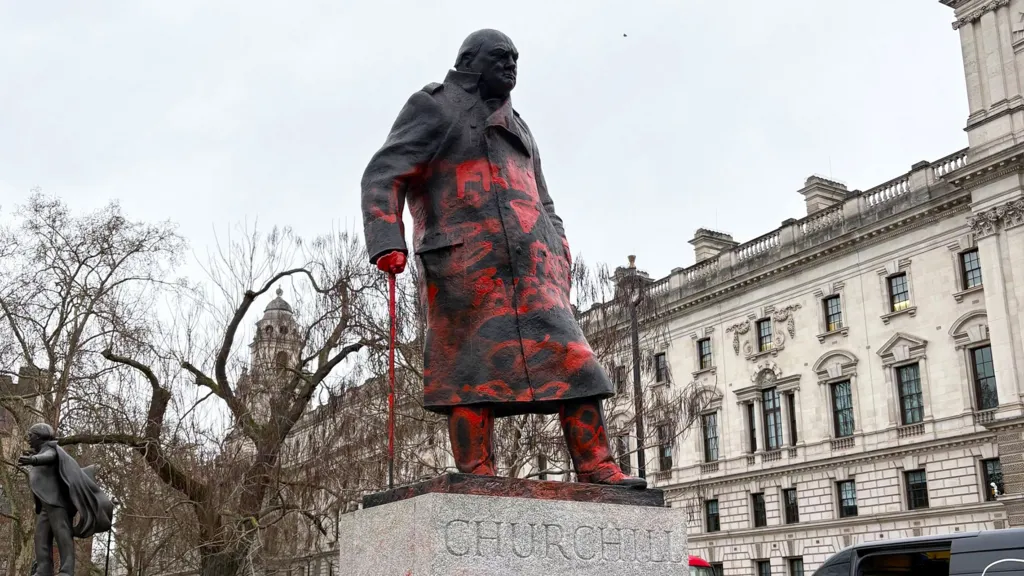Trump’s Return to Tariffs: What It Means for the UK and Global Trade

Trump’s return to the White House is making waves far beyond the US, and his latest move—imposing new tariffs on key trading partners—could have ripple effects across the globe, including here in the UK. Starting this Saturday, the US will slap 25% tariffs on goods from Mexico and Canada, and a 10% tariff on Chinese imports, according to a statement from the White House. While this might seem like an American issue at first glance, the reality is that these decisions could set off a chain reaction in the global economy, one that the UK can’t afford to ignore.
Trump claims these tariffs are a response to illegal fentanyl imports from Mexico and Canada and the undocumented migration across US borders, as well as an effort to address trade deficits. The White House Press Secretary, Karoline Leavitt, said, “These are promises made and promises kept by the President.” But this isn’t just about border control or drugs—it’s a classic Trump strategy to reshape global trade in the US’s favour. And he isn’t stopping there. Trump has already hinted that the European Union is next on his list, accusing the bloc of unfair trade practices. While he hasn’t yet specified what products might be targeted, this looming threat has already raised concerns among UK exporters, who fear that any tariffs imposed on the EU could spill over to Britain post-Brexit.
More International News from EyeOnLondon
Canada and Mexico, unsurprisingly, aren’t taking this quietly. Canadian Prime Minister Justin Trudeau responded swiftly, saying, “It’s not what we want, but if he moves forward, we will also act.” Both countries have promised to retaliate with their own set of tariffs, which could escalate into a full-blown trade war. Meanwhile, China, which is no stranger to Trump’s protectionist policies from his first term, has remained cautious but firm. Speaking at the World Economic Forum in Davos, Chinese Vice Premier Ding Xuexiang warned against protectionism, emphasising that China seeks a “win-win” approach but won’t hesitate to defend its economic interests.
So, why should Londoners care about all this? For one, trade wars have a nasty habit of pushing up prices globally. If the cost of imported oil from Canada and Mexico increases, it could drive up fuel prices worldwide, including at UK pumps. And it’s not just petrol—everything from groceries to manufactured goods could see price hikes as supply chains adjust to the new tariffs. Mark Carney, the former Governor of the Bank of England and Bank of Canada, warned on BBC Newsnight that these tariffs will slow economic growth and increase inflation, affecting not just the US but its trading partners as well. Carney, who is also rumoured to be in the running to replace Trudeau as leader of Canada’s Liberal Party, didn’t mince words when he said, “They’re going to damage the US’s reputation around the world.”
For the UK, which is still navigating post-Brexit trade deals and trying to strengthen its relationship with the US, this presents a tricky situation. While Trump hasn’t directly targeted British goods—yet—the threat to EU trade could disrupt UK exports, especially for industries tightly linked to European supply chains. Plus, any global economic slowdown will inevitably affect London’s financial markets, which are sensitive to shifts in US-China relations.
As we watch how this unfolds, it’s clear that Trump’s return to tariffs is more than just a US domestic policy—it’s a move that could reshape global trade dynamics and hit closer to home than many might expect.
According to the World Trade Organization, escalating tariffs like these could disrupt global supply chains and increase costs for consumers worldwide.
For more in-depth news, features, and stories that matter to Londoners, visit EyeOnLondon. Stay connected with the latest updates, and don’t forget to share your thoughts in the comments below—we’d love to hear from you!









